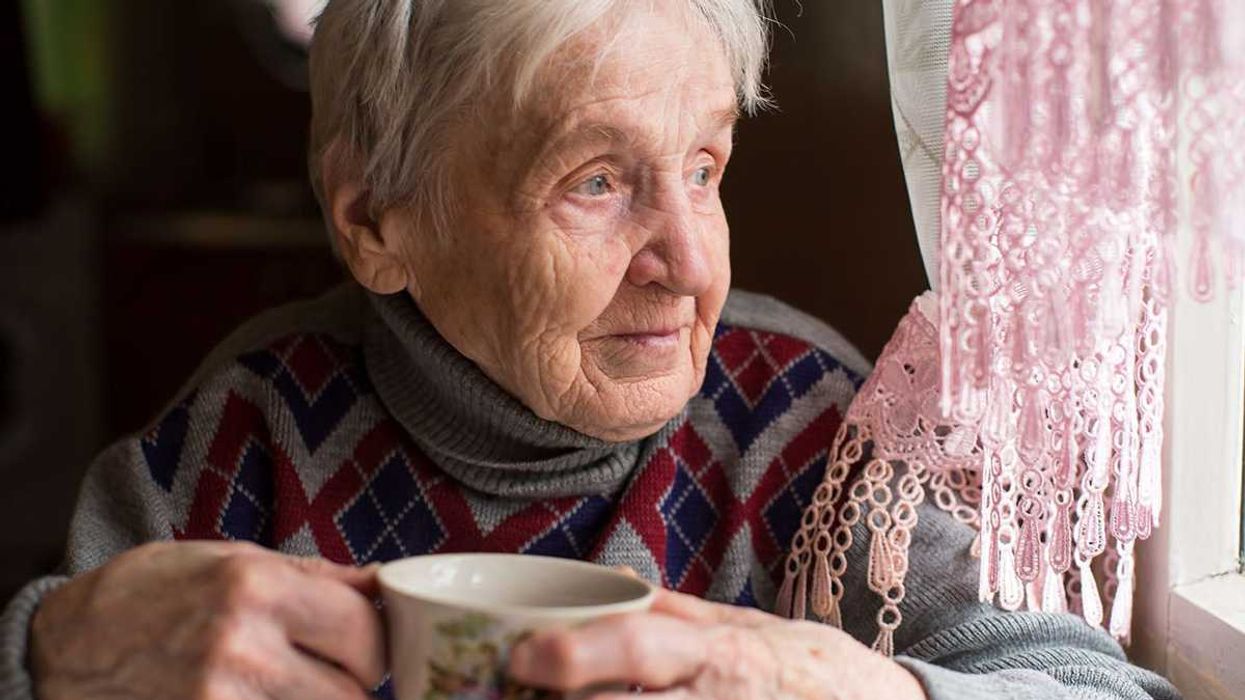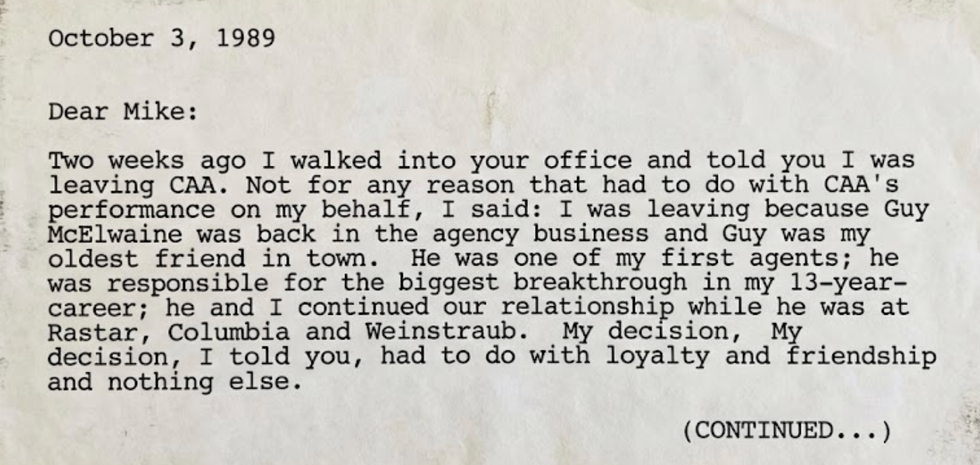Much has been made of concussion protocols and CTE studies of NFL players over the past decade, but even with advances and open discussion, there’s an element of fear and suspense that players might be struggling with the affliction and not even know it. Recently, former Tennessee Titans tight end Frank Wycheck opened up to ESPN about his concerns over his certainty that he has CTE and what he’s endured since leaving the game.
Wycheck is best known for his role in the Titan’s last-second victory in the 1999 Wild Card game known to all football fans as Music City Miracle.
Despite the fact that he finds his disclosures about his taking anxiety and depression medications “kind of creepy” because “People don’t want to hear about morbid stuff like that,” but he felt that the need for transparency and open discussion outweighed his reservations. He suffers from regular migraines that he’s positive are the result of a football career in which he estimates he amassed 25 concussions since grade school.
When he was as young as five, Wycheck recalls having “dings and flashes” upon impacts with other players, and now says that if he had a son (He has two daughters), we would let him play the game, but not before age 12, when early studies suggest the risk of long-term damage drops significantly.
Wycheck, who has already planned to donate his brain to the Concussion Legacy Foundation for study, is preparing for another round of testing for purposes of both study and diagnosis.
He serves as co-host of a radio show “The Wake-Up Zone” in Nashville, but his migraines, along with agoraphobia and depression have caused him to miss work on several occasions. Despite his hardships, he doesn’t regret his career choice and isn’t looking for sympathy for his current state:
"I don't want this to be a pity party, 'Oh poor Frank’. I wouldn't change anything in the world. I've had a blessed life, great opportunities to meet great people, raise my family and be able to take care of my family the way I could. I couldn't do that without football. And it was the thing I had as a goal since I was 5 years old."

















 Two people study a mapCanva
Two people study a mapCanva Foggy Chinese villageCanva
Foggy Chinese villageCanva

 Older woman drinking coffee and looking out the window.Photo credit:
Older woman drinking coffee and looking out the window.Photo credit:  An older woman meditates in a park.Photo credit:
An older woman meditates in a park.Photo credit:  Father and Daughter pose for a family picture.Photo credit:
Father and Daughter pose for a family picture.Photo credit:  Woman receives a vaccine shot.Photo credit:
Woman receives a vaccine shot.Photo credit: 
 An excerpt of the faxCanva
An excerpt of the faxCanva

 Robert Redford advocating against the demolition of Santa Monica Pier while filming "The Sting" 1973
Robert Redford advocating against the demolition of Santa Monica Pier while filming "The Sting" 1973